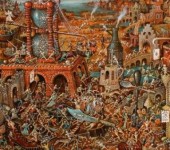
In order to acquire all that is to be acquired from a quality book, one must be ready to confront the often complicated ideas of the author directly. This, of course, is not very easy and reading can easily become somewhat of a burden, but usually a great reward awaits us at the end of the road. Here is a list of the 10 most demanding works of literature.
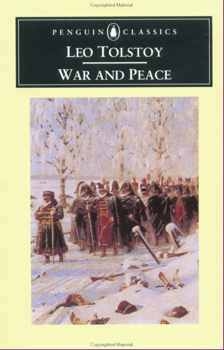 10. “War and Peace” by Lev Tolstoy
10. “War and Peace” by Lev Tolstoy
“War and Peace” is an incredibly complex 4 volume novel spanning over 1200 pages. What makes it rather difficult to read is the fact that it does not follow any single narrative lines, but several. It becomes hard for the reader to attach himself to any of the characters or to joggle between the many plots and sub-plots. Even so, the novel is absolutely fascinating. It manages to portray early XIXth century Russian society in great depth, covering most of the great cultural and social questions of the day. If you get past the initial difficulties, you risk becoming completely imprisoned in the novel’s world.
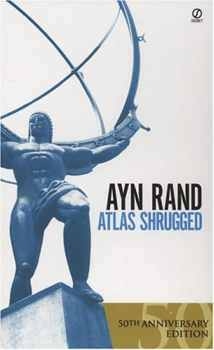 9. ”Atlas Shrugged” by Ayn Rand
9. ”Atlas Shrugged” by Ayn Rand
”Atlas Shrugged” is a 1000 page sci-fi novel which explores a dystopian society where the members of the productive strata simply choose to abandon their statesmen due to past patterns of oppression and increased fiscal pressures. In their stead, the former leaders of businesses and industries choose to follow a cult leader, John Galt. The aim of the novel is to show what would happen if the “prime movers” of society would simply disappear, the answer being that the motors of the world would simply stop. The novel succeeded in annoying both the members of the left wing, who saw it as a critique of the Welfare State, and the members of the right wing, who disliked to Rand’s approach to rationalism and the atheistic nuances of her writing.
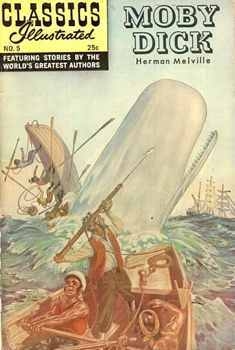 8. “Moby Dick” by Herman Melville
8. “Moby Dick” by Herman Melville
The prose of “Moby Dick” is exceptionally thick, making it a very difficult read. The famous novel, despite extending for over 600 pages, has but a minimal plot, the rest of the space being filled with tedious details about sailing and hunting whales.
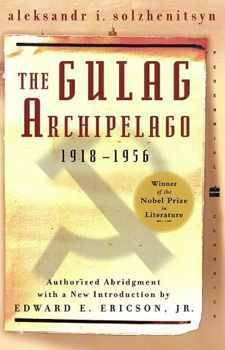 7. “The Gulag Archipelago” by Aleksandr Solzhenitsyn
7. “The Gulag Archipelago” by Aleksandr Solzhenitsyn
This three-volume book is based on the testimonies of different eyewitnesses, extensive research and the author’s personal experience with the terrors of Stalinist Russia’s gulag system. The novel starts with a detailed account of the history of forced labor in Russia, starting from the October Revolution and ending with Nikita Khrushchev’s secret speech. Despite the interesting substance of the text, the detailed and difficult style in which it was written can sometimes make it a grueling experience to read.
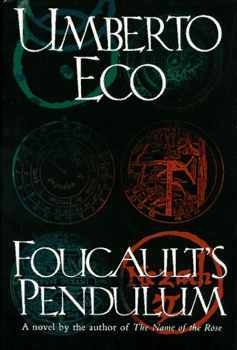 6. “Foucault’s Pendulum” by Umberto Eco
6. “Foucault’s Pendulum” by Umberto Eco
“Foucault’s Pendulum” is written in Umberto Eco’s classic style: detailed, accurate, complex and extremely difficult. The novel is heavy with esoteric nuances, including a great number of references to the Kabbalah, alchemy and different conspiracy theories. The subject seems almost comical at first: three vanity press employees invent a conspiracy theory as a way of having fun, but the theory itself is believed to be true by a secret society which starts to hunt them down. Soon however, the narrative line becomes harder to follow as more obscure references are continuously being added. Also, the plot is revealed through the eyes of one of the characters and the journal of another, making it relatively difficult to follow.
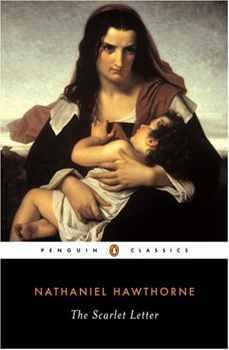 5. “The Scarlet Letter” by Nathaniel Hawthorne
5. “The Scarlet Letter” by Nathaniel Hawthorne
The action of this novel takes place in Boston during the XVIIth century. Hester Prynne, a young girl who has a baby outside of wedlock, is forced to wear a scarlet “A” on her clothes by the church elders as a means of repenting for her sin. Hester proves stoic and endures all of the insults and hardship that unavoidably comes with the infamous sign. Still, even the fans of the book will admit that you will likely need a dictionary while reading Hawthorne’s work.
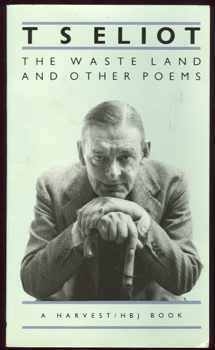 4. “The Waste Land” by T.S. Eliot
4. “The Waste Land” by T.S. Eliot
“The Waste Land” is considered to be one of the most important poems of the XXth century, but it is also an extremely difficult read due to the enormous quantity of references employed by the author in order to enrich the experience; not to mention the fact that he often jumps from English to Latin, Sanskrit, German and Greek. Eliot often refers to the works of Homer, Ovid, Chaucer, Baudelaire, Wagner, Milton, Spenser and many others through the length of the poem.
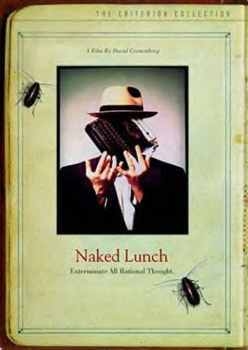 3. “Naked Lunch” by William Burroughs
3. “Naked Lunch” by William Burroughs
“Naked Lunch” is said to have been written using the cut-up pieces of another novel written by Burroughs while high on heroin in Tangiers. What makes the novel interesting, but also difficult, is its dissociated nature. Sentences begin and end without warning, without harmony or order, usually leading the reader to a sense of complete confusion. The controversial subjects the book touches upon include drug use, sexual orgies, child molestation and child murder.
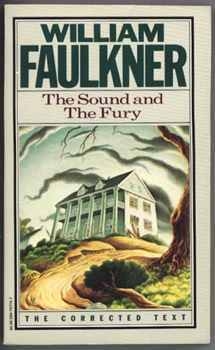 2. “The Sound and the Fury” by William Faulkner
2. “The Sound and the Fury” by William Faulkner
Faulkner’s popular novel “The Sound and the Fury” explores the issue of the survival of Southern ideals following the end of the American Civil War. The novel employs the use of the “stream of consciousness” technique, which involves very long paragraphs configured as randomly and chaotically as the unfocused human though. All of the reader’s attention is needed to follow the narrative line, simply to find out that the story itself is not the centerpiece of the novel.
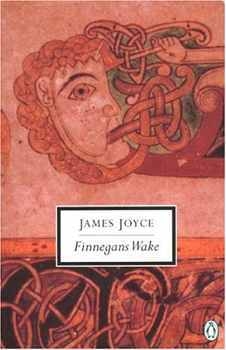 “Finnegans Wake” by James Joyce
“Finnegans Wake” by James Joyce
“Finnegans Wake” is Joyce’s last and most difficult work. It uses a number of experimental styles of writing, including the “stream of consciousness” writing style, multiple literary allusions and free dream associations. In this novel, Joyce abandoned all forms of character or plot building and relied solely on the visceral emotions it may produce within the reader. The objective of the novel is to create the impression of dreaming without engaging the reader with a clear narrative line.


